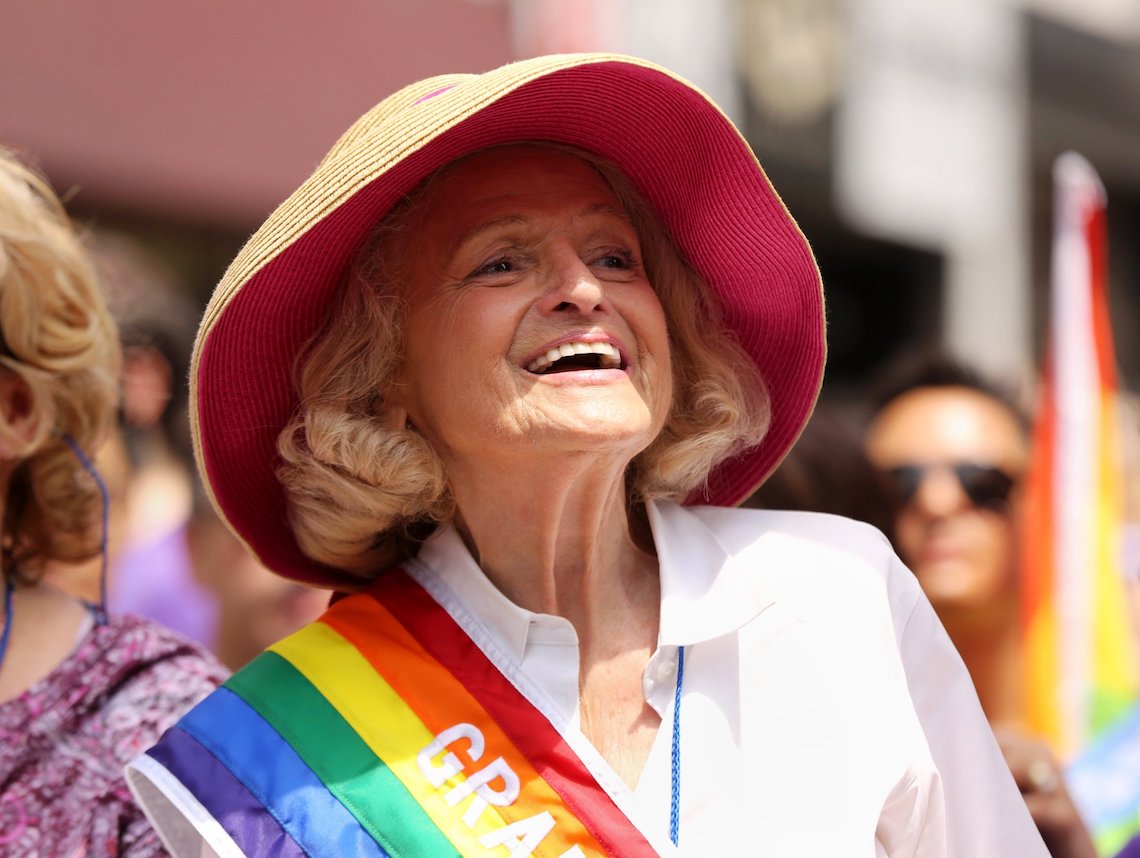
Edith Windsor, the gay rights activist at the heart of the Supreme Court’s landmark 2013 decision to nullify the Defense of Marriage Act, died Sept. 12 at a Manhattan hospital, according to The New York Times. She was 88.
Windsor was the lead plaintiff in the case that extended federal recognition and a number of government benefits to same-sex couples. Later, a 2015 Supreme Court ruling built on the so-called Windsor decision to legalize same-sex marriage nationwide.
Windsor’s case arose from a tax dispute after the death of her wife, Thea Spyer. Both women were Jewish.
Spyer died in 2009, two years after the women were married following a 40-year engagement. Windsor was denied a $363,053 estate tax refund by the Internal Revenue Service and sued, appealing up to the nation’s highest court. In a 5-4 decision, the court struck down the 1996 law — and ordered the IRS to issue Windsor the refund, with interest.
Rabbi Denise Eger of Congregation Kol Ami in West Hollywood, the first openly gay president of the Central Conference of American Rabbis, was in front of the Supreme Court on the day of the Windsor decision, the same day the court heard arguments challenging a same-sex marriage ban in California, Proposition 8.
“I remember when she emerged after the hearing with the California plaintiffs,” Eger said of Windsor in an email to the Journal. “The crowd went wild with joy upon seeing her and her attorney Roberta Kaplan. She was smart, funny, strong and loved meeting people.”
News of Windsor’s death was met with mourning by LGBT communities across the country.
“We celebrate Edie Windsor, we mourn her, we live her legacy,” Congregation Beit Simchat Torah (CBST), the LGBT synagogue in Manhattan where Windsor was a member, wrote in a post on Facebook, using the nickname favored by her friends and family.
CBST Rabbi Sharon Kleinbaum and Cantor Steve Zeidenberg planned to speak at a vigil for Windsor in New York on the evening of Sept. 12.
“Windsor helped clear many paths during the many decades of her life, all of which surely prepared her to become the revered and beloved role model that helped make love and true marriage a cause célèbre in the 21st century,” Rabbi Lisa Edwards of the Pico-Robertson LGBT synagogue Beth Chayim Chadashim wrote in an email to the Journal. “I join with many in gratitude to her for her tenacity, and blessed by her presence in the world.”
Edwards wrote that “surely it was no coincidence” that two Jewish women — Windsor and Supreme Court Justice Ruth Bader Ginsberg — played pivotal roles in legalizing same-sex marriage in the United States.
“We are all the beneficiaries of Windsor’s stalwart determination and righteous indignation at the affront of not being treated as a widow by the Federal government,” she wrote.
“We all owe her a debt of gratitude for her willingness to sacrifice quality of life for quality of action at an age when most people expect younger activists to take the demanding lead,” Kehillat Israel Senior Rabbi Amy Bernstein, one of the Los Angeles area’s leading LGBT rabbis, wrote in an email to the Journal. “She is an important teacher for all of us, but especially for women, that we are capable of having more impact than we think possible in our elder years. She will be missed and her memory will be, I have no doubt, a powerful blessing.”
Eger called Windsor “a proud Jewish woman who brought more justice into the world.”
“Her name should be remembered and taught in every school,” she wrote. “She stood up for what was right and just and her courage in doing so remains inspiring.”
Windsor was the daughter of Russian Jewish immigrants James and Celia Schlain, according to The New York Times. She is survived by her wife, Judith Kasen-Windsor.







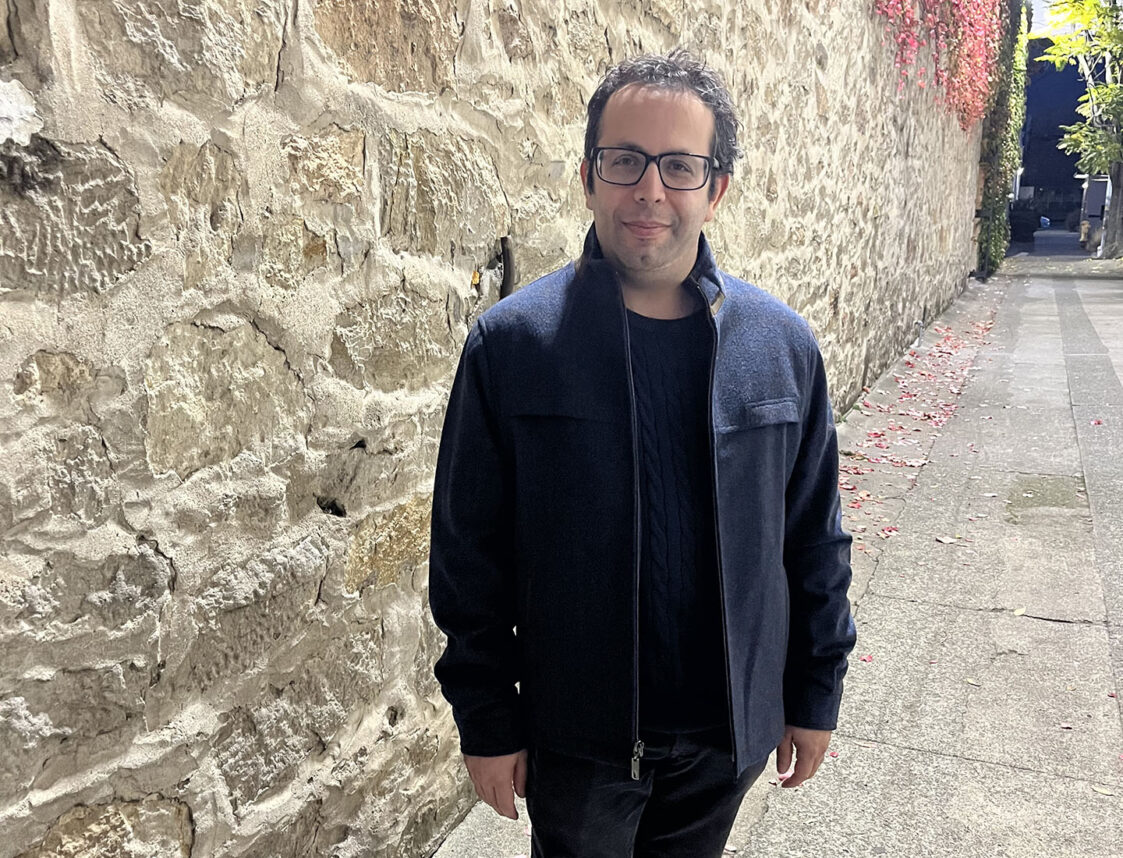
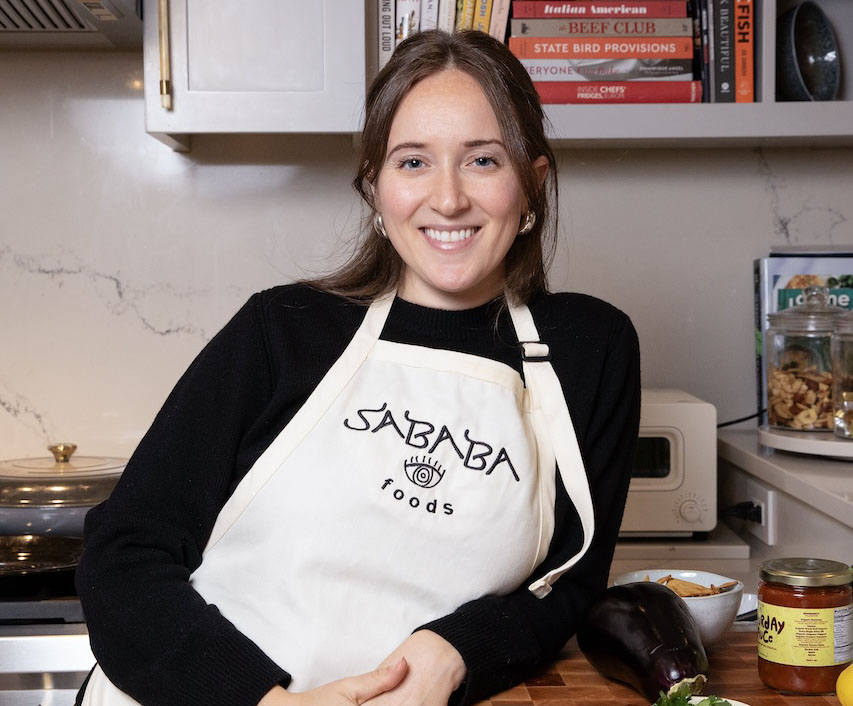
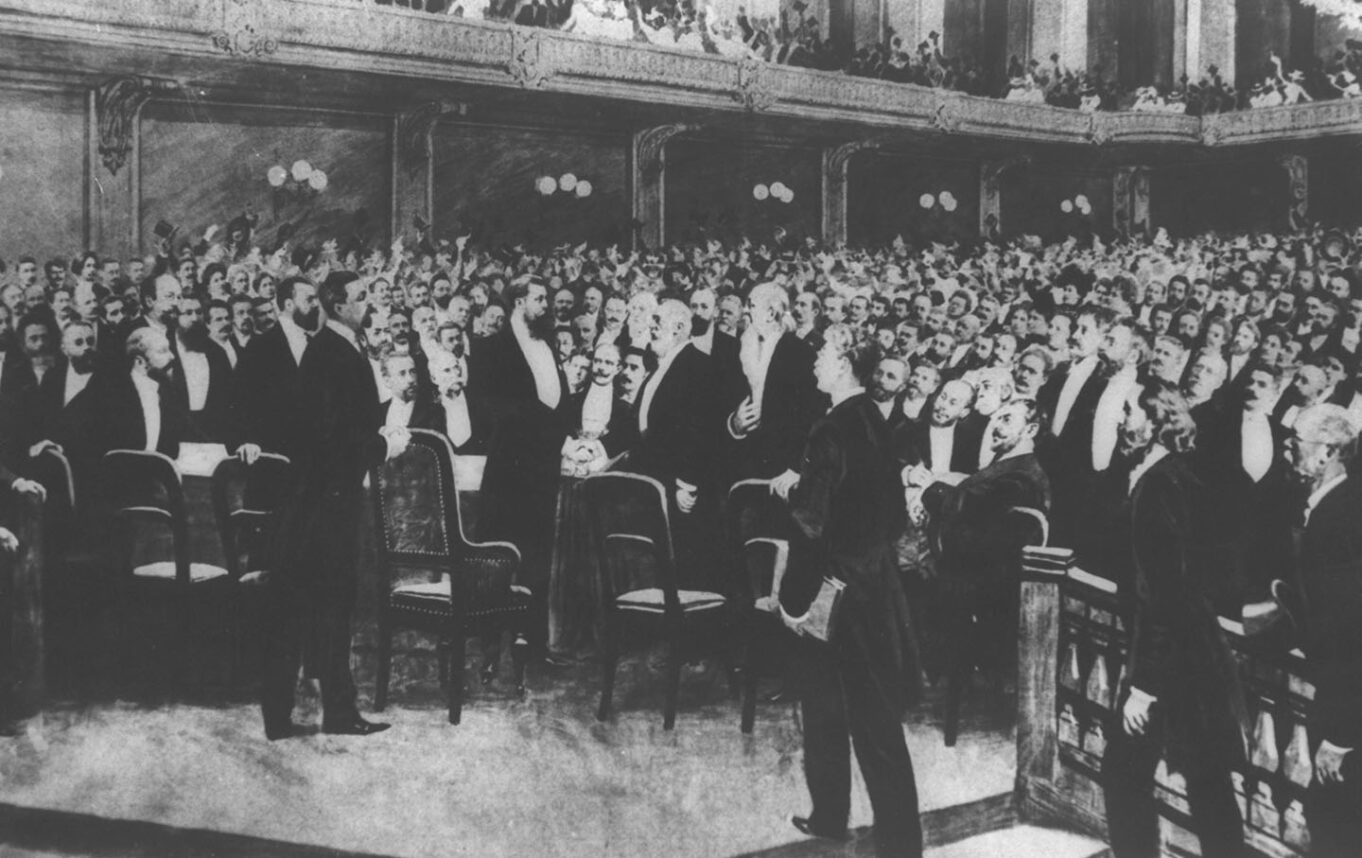
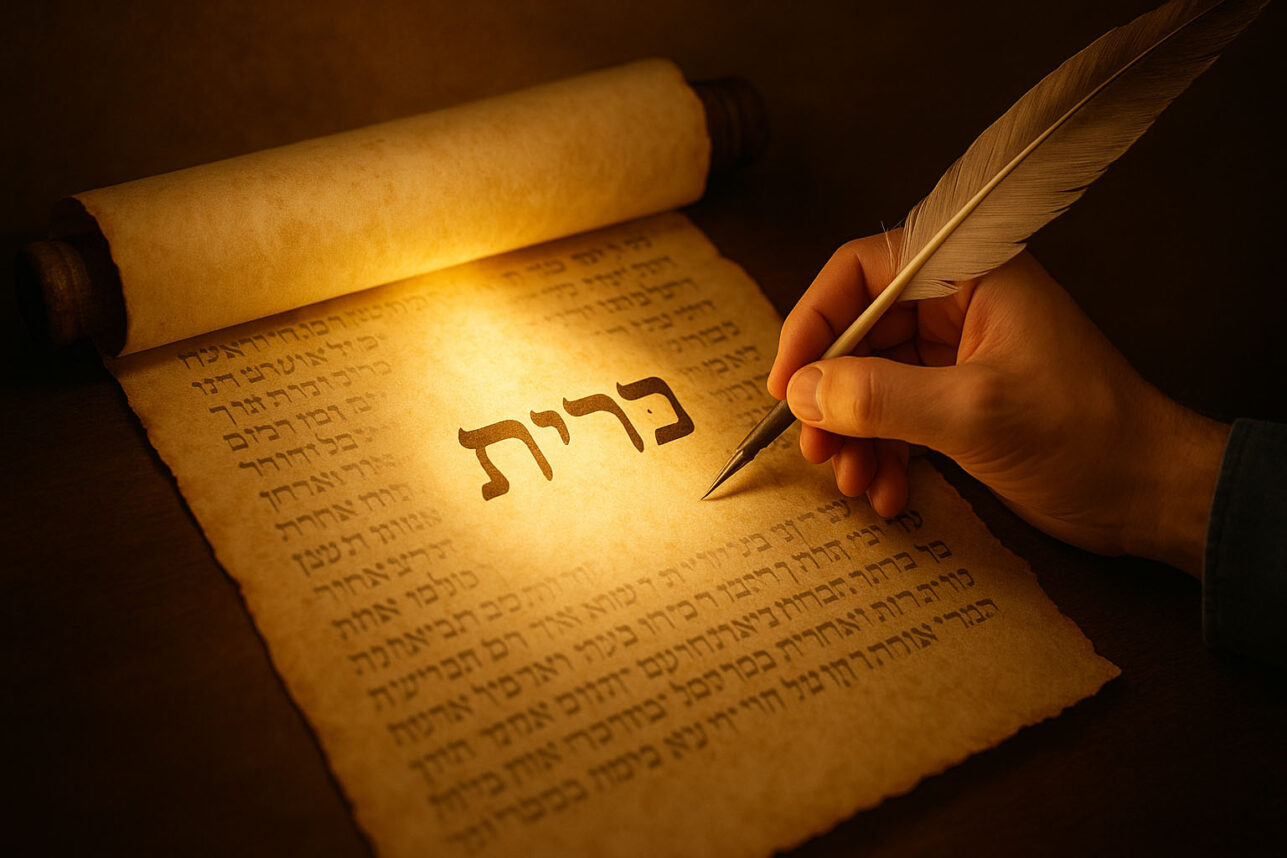
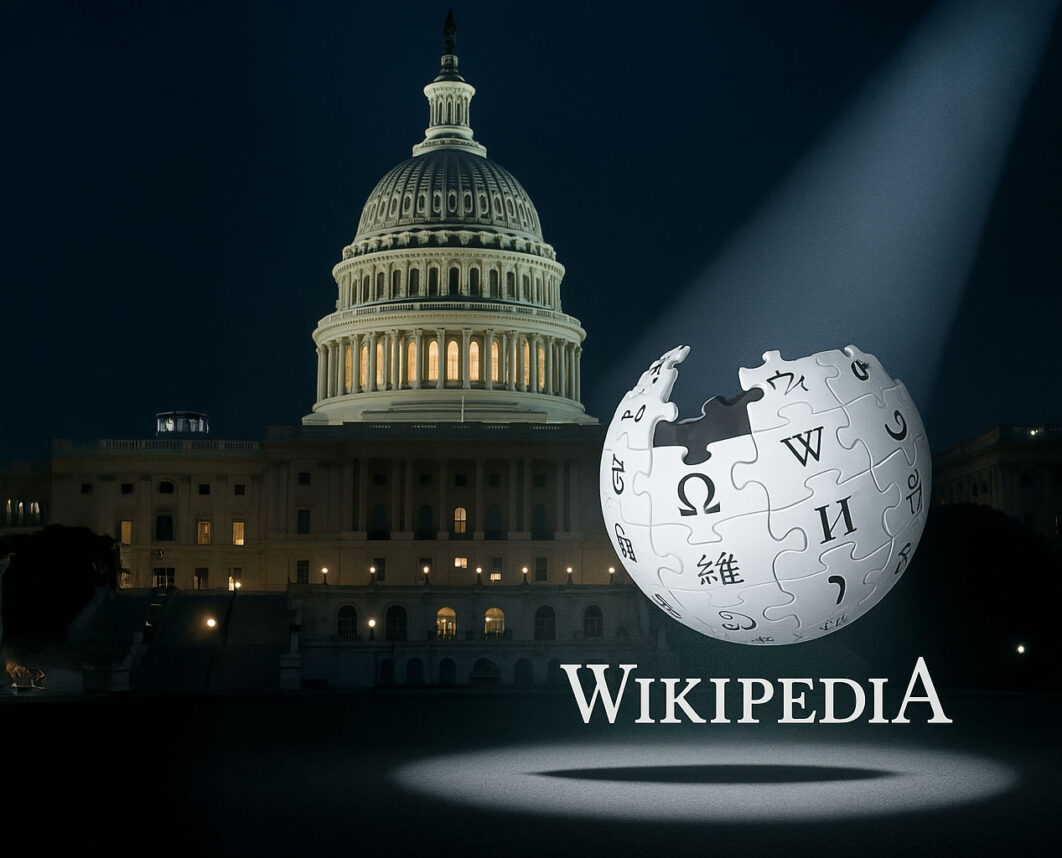
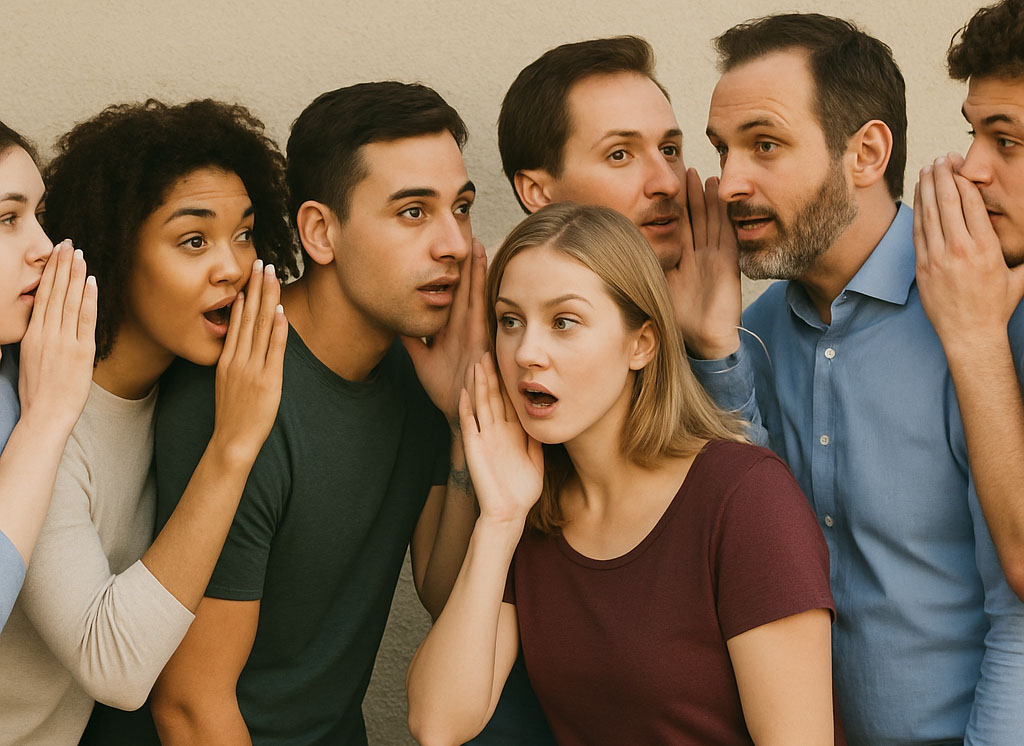

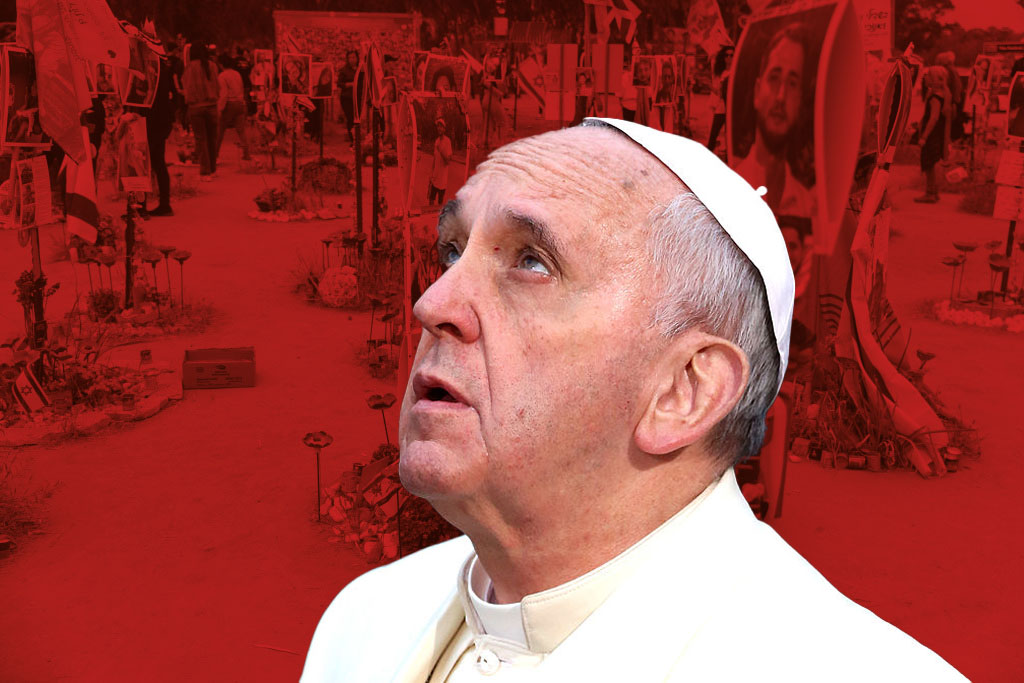

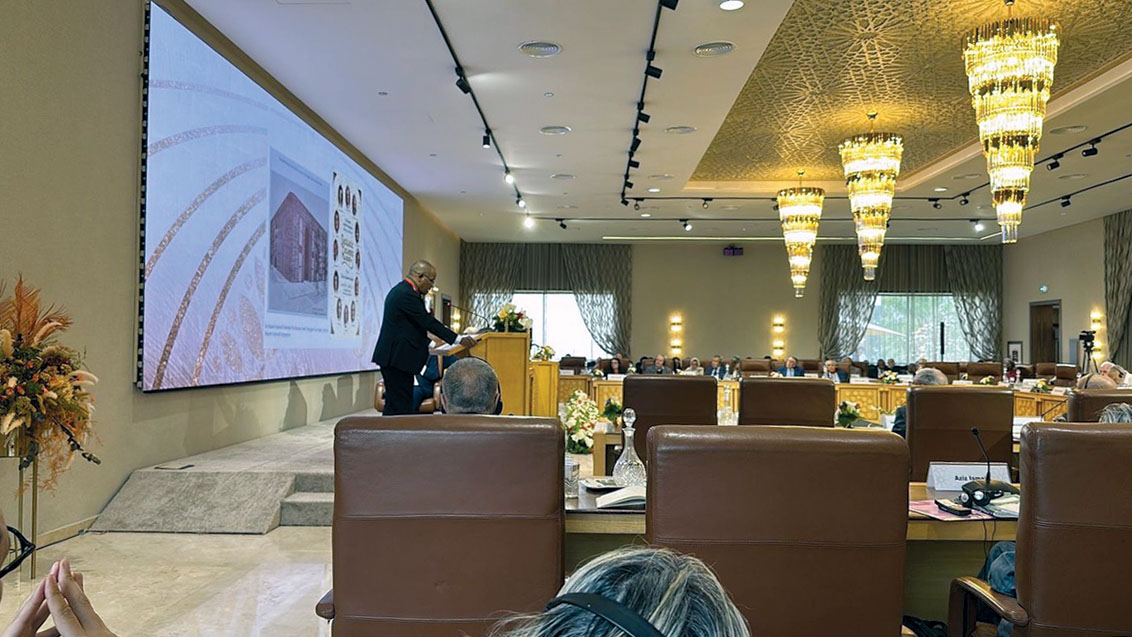
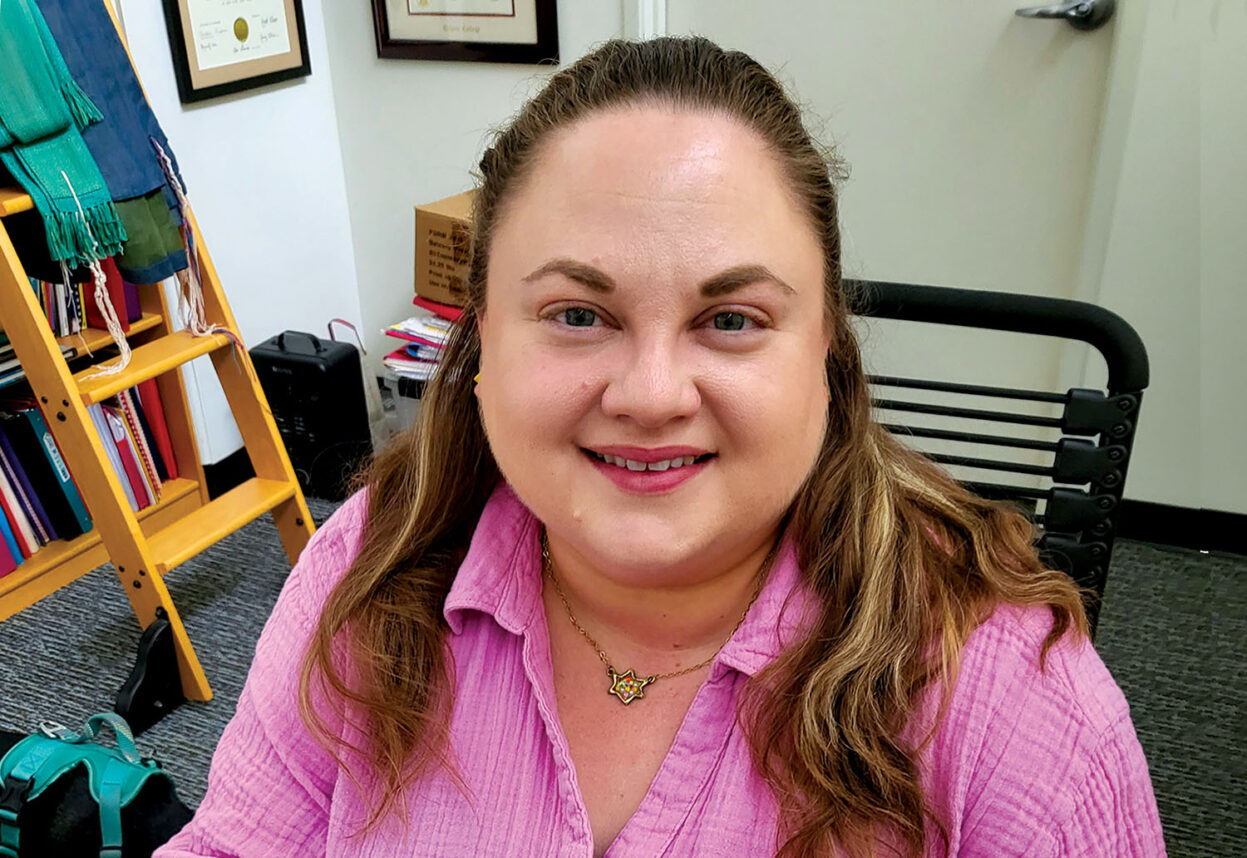



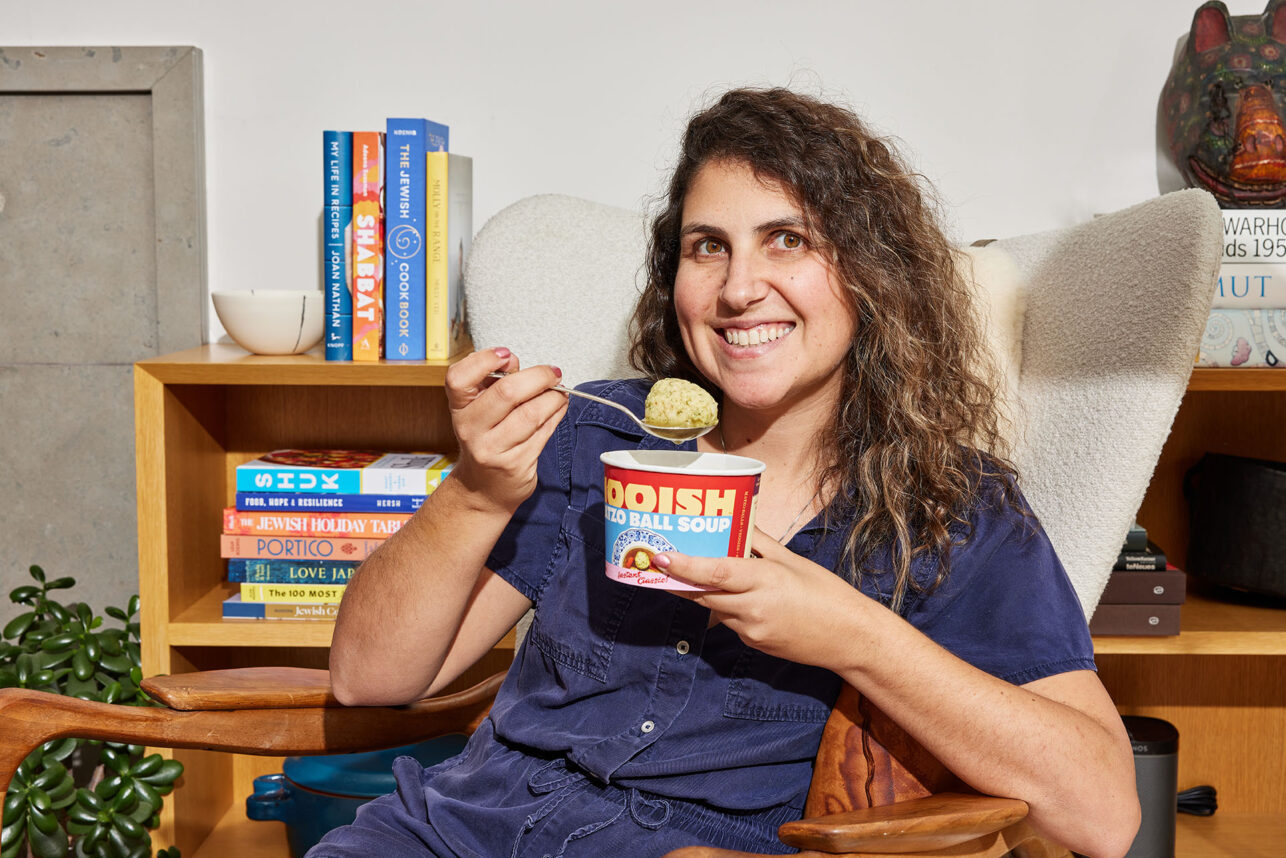

 More news and opinions than at a Shabbat dinner, right in your inbox.
More news and opinions than at a Shabbat dinner, right in your inbox.